A neck and neck race for pole position in coalition negotiations
Currently, the Conservatives with former Prime Minister David Cameron are on equal terms with Labour and Ed Miliband. Both parties are predicted to win 33,5% of the vote. In 2010 the conservatives could secure 36,1% votes, clearly ahead of Labour with 29%. Many prognoses on the distribution of Members of Parliament (MP) seats also assign an equal number to both parties, 275 MPs each. Although some predictions show the Conservatives slightly in the lead.
UKIP in third place – though little influence in parliament
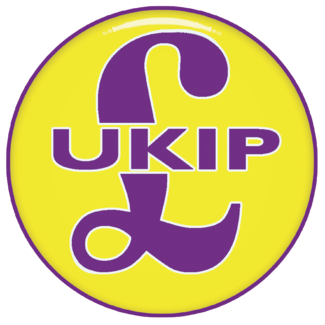
With predictions of 13,5% the Eurosceptic Party UKIP under leader Nigel Farage has gained approximately 10% in the past 5 years. Nonetheless, it is unlikely for the party to be acquire significant influence within parliament, because of the British voting system. MPs are elected individually for and by each county. The proportional vote a party gains in the country has a whole is of no importance for the result. This is the reason why UKIP is predicted to win only 3 of the in total 650 seats, obviously not representative of 13,5%. Furthermore, all major parties have excluded the possibility of a coalition with UKIP.
SNP likely to win Scotland
The “first pass the post” voting system is on the other hand very beneficial to the Scottish National Party (SNP). After losing the referendum, the party has gained popularity and is backed by 50% of Scottish votes, double the amount than in 2010. The SNP is likely to win the MP seat in almost every county (predicted 52 MPs in total), even though their country-wide proportional vote lies only by 5%. The welsh-nationalist party Plaid Cymru is predicted to hold their 2010 result of 0,5% UK-wide and 3 MP seats.
Liberals in the valley of tears
The current coalition partner of the Conservatives are the Liberal Democrats. 2010 the LibDems achieved 23% of votes. Today they are only predicted about 9% and 25 seats, half of what they won 5 years ago. Many voters feel let down by the party because they have not succeeded in standing up for their beliefs in the coalition. The Greens, however, will be of importance for the first time in this election. Although the party holds only one seat and 4,5% of the proportional vote it is increasingly popular among voters under 25 and thus likely to gain more and more influence in coming years.
EU referendum after the election?
The pro-european forces in parliament will probably prevent the referendum proposed by the conservatives and UKIP. Furthermore, opinion polls show that fewer and fewer Brits are Eurosceptic. 56% would remain within the EU, only 34% would vote for Brexit. Among under 25 year-olds the percentage in favour to stay is even higher, namely 70%. Cameron’s promise of a referendum has at least prompted the Brits to seriously consider the EU and the UK’s role within it. He has given the population the feeling that they have a say in the matter, which has taken the wind out of UKIP’s sails and stunted their growth. The referendum probably won’t take place and UKIP won’t profit. Well played by Cameron.
Miliband is likely to become Prime Minister
Nonetheless, Cameron’s plan of the EU-referendum has not succeeded fully, as he saw it as his key to Downing street nr.10. However, Miliband has the SNP and other small parties on his side. The 45 year-old Labour candidate has excluded a coalition with the SNP, because of the conflict of interest regarding Scotland’s independence. Though informal support by the SNP for a Labour minority government is likely. In this case also national polls and prognoses for northern Irish parties would be of significance. A few confident Conservatives have already criticised Labour’s plan. After all it would be unacceptable if the largest party did not nominate a Prime Minister. As a result of that the conservatives received several critical comments on Twitter. Seeing as both parties are predicted the same number of seats a penalty shootout would be necessary to name a winner, so say the Twittersphere.
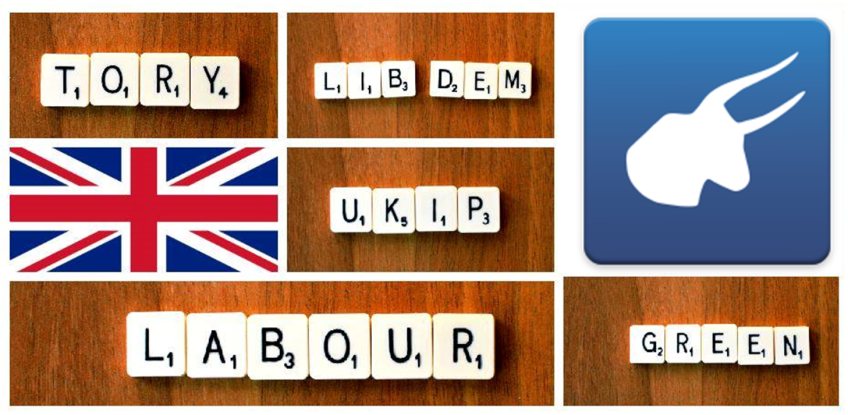

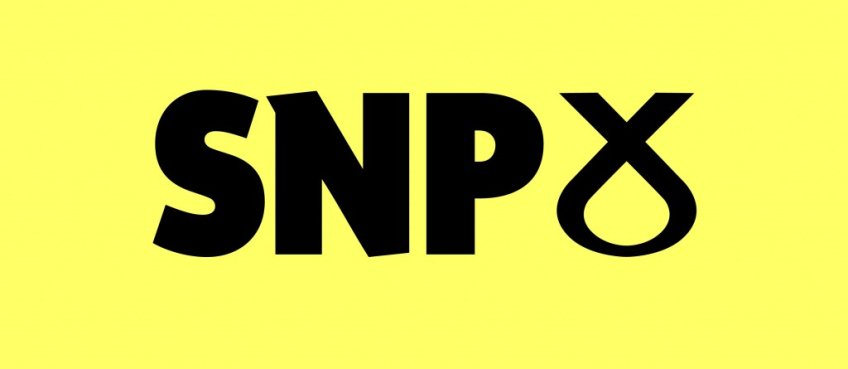
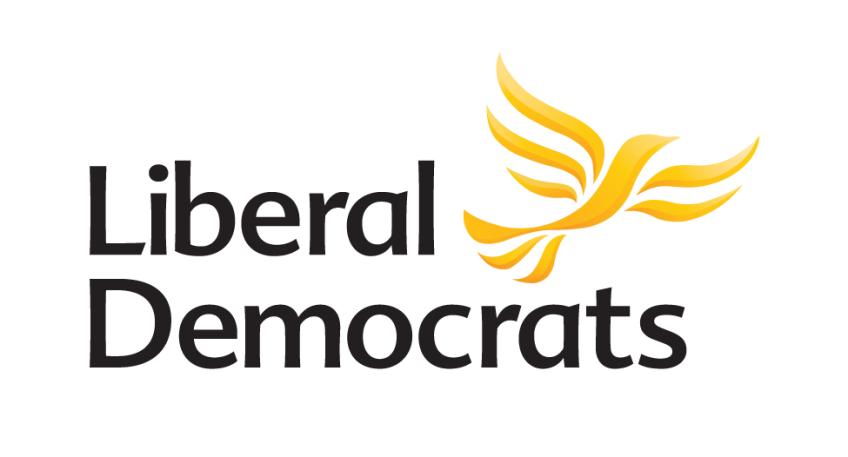


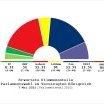
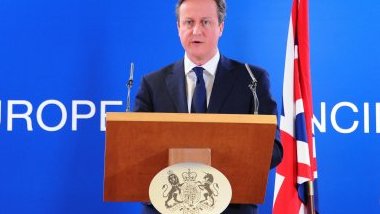
Follow the comments: |
|
